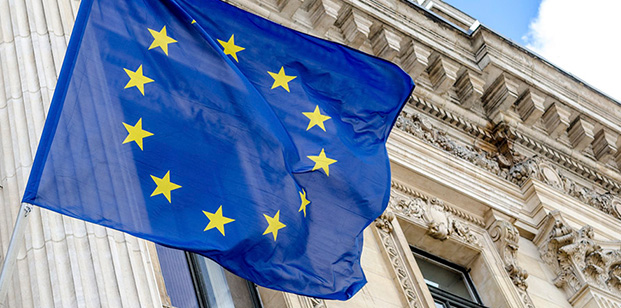Gilt yields rose during September as the Brexit negotiation process moved towards its final six months and a summit in Salzburg ended without a deal. The IMF concluded its annual assessment of the UK economy and warned that, although all possible Brexit outcomes are likely to incur costs for the UK, a “no-deal” Brexit is likely to lead to a “significantly worse outcome”.
- BoE Governor Mark Carney will extend his tenure to ensure a smooth Brexit
- CPI rose to 2.7% YoY in August
- Brexit-related concerns continue to affect business confidence
To view the series of market updates through September, click here
Gilt yields rose during September as the Brexit negotiation process moved towards its final six months and a summit in Salzburg ended without a deal. The yield on the benchmark government bond increased from 1.31% to 1.46% over September, while the yield on the short-dated gilt – which matures in 2021 – climbed from 0.80% to 0.88%.
“A “messy and disorderly outcome” could undermine UK firms' ability to trade and grow”
The International Monetary Fund (IMF) concluded its annual assessment of the UK economy and warned that, although all possible Brexit outcomes are likely to incur costs for the UK, a “no-deal” Brexit is likely to lead to a “significantly worse outcome”. The IMF also believes that a no-deal Brexit would negatively affect other European economies, albeit to a lesser extent than the UK. If the UK and EU succeed in agreeing a deal, the IMF believes the UK economy will grow by 1.5% this year and next year, but emphasised that this forecast is contingent on a “timely agreement on a broad trade pact … and a relatively smooth Brexit process thereafter”. Elsewhere, the British Chambers of Commerce (BCC) warned that a “messy and disorderly outcome” could undermine UK firms’ ability to trade and grow.
Bank of England (BoE) Governor Mark Carney agreed to stay on in his role after his tenure finishes as BoE Governor in order to support a smooth Brexit process. Mr Carney’s time as Governor was scheduled to end in June 2019, but will now be extended until January 2020.
The rate of UK unemployment remained at 4% in the three months to July, representing its lowest level for over 40 years. Average wages (excluding bonuses) rose at an annualised rate of 2.9% during the period; in comparison, the annualised rate of consumer price inflation posted a sharp rise in August, climbing from 2.5% in July to 2.7%. The consumer prices index (CPI) was pushed up by higher prices for recreational & cultural goods, transport services, and clothing.
Although the UK services sector posted stronger-than-expected growth during August, according to IHS/Markit, businesses remain worried about the outlook. Brexit-related worries pushed down confidence in the year ahead to its lowest level since March. Growth in the manufacturing sector slowed down as a drop in exports curbed activity. Markit warned: “Given the increasingly unbalanced nature of growth and the darkening business mood, risks to the immediate outlook seem tilted to the downside”.
A version of this and other market briefings are available to use in our newsletter builder feature. Click here









